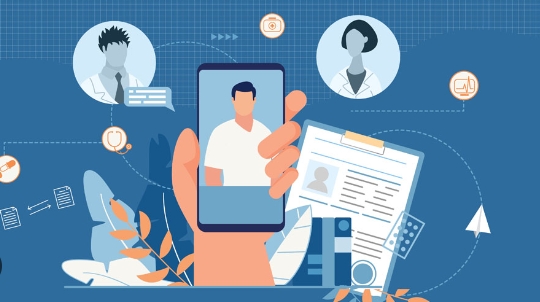Emerging technology has transformed almost every aspect of our lives, and healthcare is no exception. From wearable devices to artificial intelligence, these advancements are revolutionizing the way healthcare is delivered and managed.
Improving Diagnosis and Treatment
Emerging technology has made it easier to diagnose and treat patients. For example, AI-powered imaging tools can analyze medical scans more accurately and quickly than a human doctor. This has led to faster diagnosis and treatment of conditions such as cancer and heart disease.
Enhancing Patient Monitoring
Wearable devices, such as smartwatches and fitness trackers, have made it possible for healthcare providers to monitor patients in real-time. This allows for more proactive and personalized care, as doctors can be alerted to any changes in a patient’s condition before serious complications arise.
Telemedicine
Telemedicine has become increasingly popular, allowing patients to consult with healthcare providers remotely. This technology has enabled better access to healthcare for those in rural areas or with mobility issues. It also reduces the need for in-person appointments, saving time and money for both patients and providers.
Personalized Medicine
Advancements in technology have made personalized medicine a reality. By analyzing a patient’s genetic makeup and lifestyle factors, doctors can tailor treatment plans to each individual. This has led to more effective and efficient care, with fewer adverse reactions to medications.
Data Security and Privacy
As technology becomes more prevalent in healthcare, concerns about data security and privacy have also increased. Healthcare providers are taking extra precautions to protect patient information and ensure compliance with regulations such as HIPAA. Encryption and advanced security measures are being implemented to safeguard sensitive data.
In conclusion, emerging technology has the potential to revolutionize healthcare by improving diagnosis and treatment, enhancing patient monitoring, enabling telemedicine, and facilitating personalized medicine. As these advancements continue to evolve, it is essential for healthcare providers to adopt these technologies to provide the best possible care for their patients.

